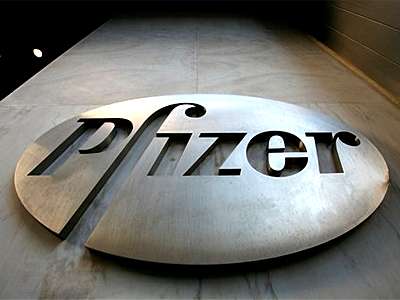
Pfizer buys OPKO growth hormone drug
pharmafile | December 16, 2014 | News story | Research and Development, Sales and Marketing | Pfizer, ghd, growth, hGH-CTP, hormone, merger, opko
Pfizer will co-develop and commercialise OPKO’s growth hormone deficiency (GHD) drug hGH-CTP in a new agreement between the firms.
The long-acting treatment has gained orphan drug designation in both the US and Europe and is in Phase III trials for adults and Phase II for children.
It has the potential to reduce the dosing frequency of human growth hormone to a single weekly injection from the current standard of daily injections, which OPKO hopes will improve patient compliance.
“We believe that the global growth hormone market is currently valued at more than $3 billion, and believe that hGH-CTP has the potential to be the best in class long-acting growth hormone product,” says OPKO’s chief executive Phillip Frost.
Under the terms of the agreement, OPKO will get an upfront payment of $295 million and is eligible to receive up to an additional $275 million in milestone payments. It will also receive initial royalty payments for Adult GHD, and when hGH-CTP is approved for children these will transition to profit sharing for both hGH-CTP and Pfizer’s own GHD therapy Genotropin (somatropin [rDNA origin]).
Pfizer will receive the exclusive license to commercialise hGH-CTP worldwide while OPKO will lead the clinical activities.
Geno Germano, the group president of Pfizer Global Innovative Pharma, says that the agreement “strengthens Pfizer’s commitment to rare diseases”, a portfolio it has been building up recently with deals like its Parkinson’s disease partnership with MedGenesis.
Analysts at EP Vantage, however, are less sure about the motivations behind the deal: “It is difficult to determine what Pfizer is trying to achieve by stumping up $295 million to finance Opko Health’s pivotal programme for the long-acting growth hormone project hGH-CTP.
“A weekly product, as hGH-CTP has the potential to become, would no doubt represent an advance in patient convenience and compliance, but the space has mostly become genericised and will test the ability of an innovative product to win over payers.
“Making it even stranger is Pfizer’s use of its US-domiciled corporate entity to fund the deal – it might have made more sense as an overseas tax-sheltered transaction that made use of offshore cash.”
The transaction is expected to close during the first quarter of 2015.
George Underwood
Related Content
NICE recommends Pfizer’s new once-weekly treatment for haemophilia B on NHS
Walton Oaks, 21st May 2025 – Pfizer Ltd announced today that the National Institute for Health and Care …

Stelis, Strides and Steriscience merge to form new CDMO
The CDMO launched earlier this year at the CPHI conference in Milan. The merger is …

Pfizer releases results for severe RSV-associated LRTD treatment study
US-based Pfizer have announced results from its substudy B of the ongoing phase 3 clinical …






